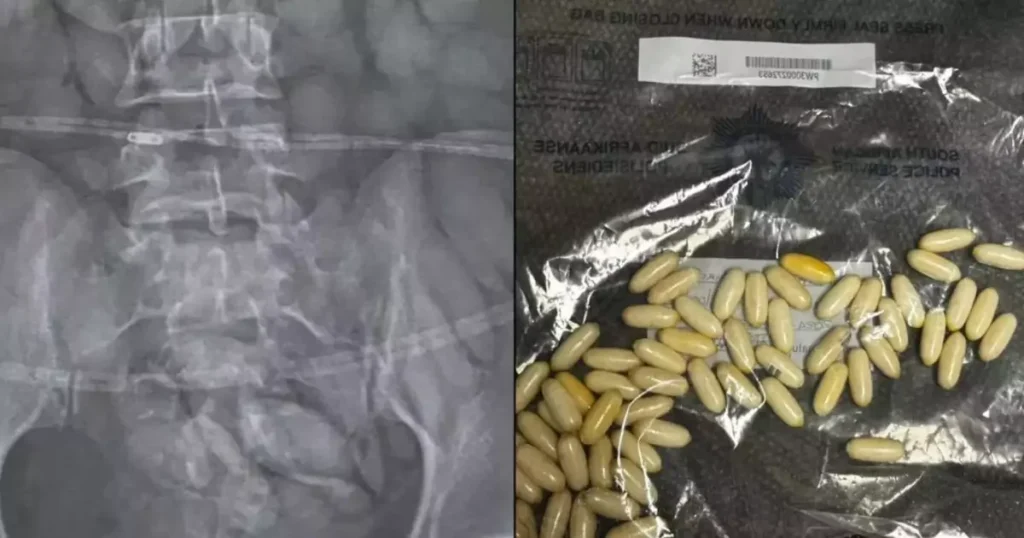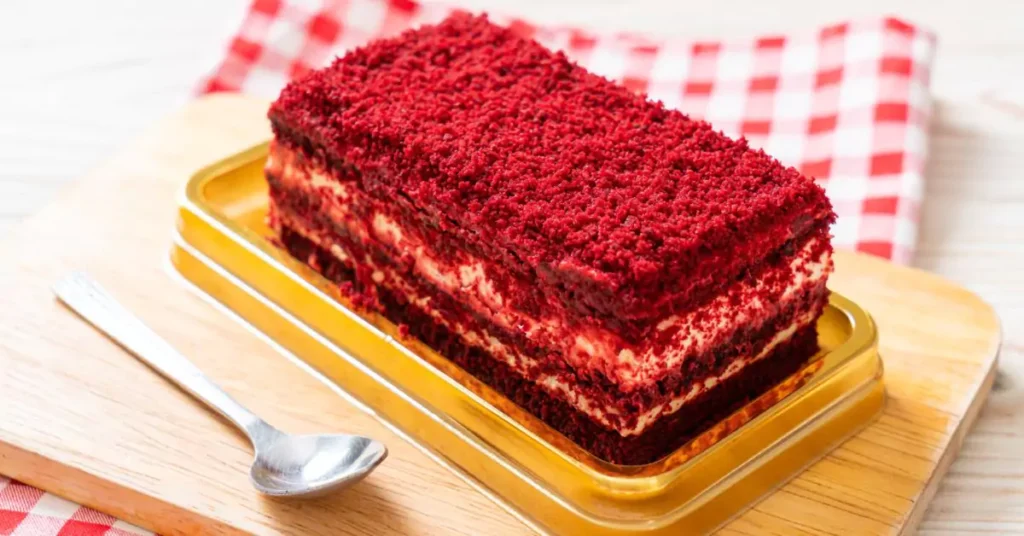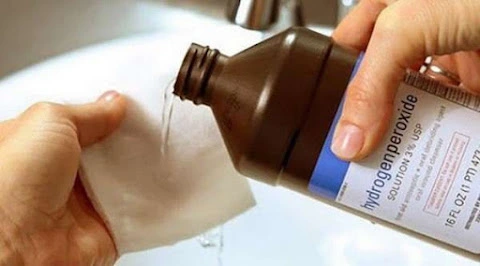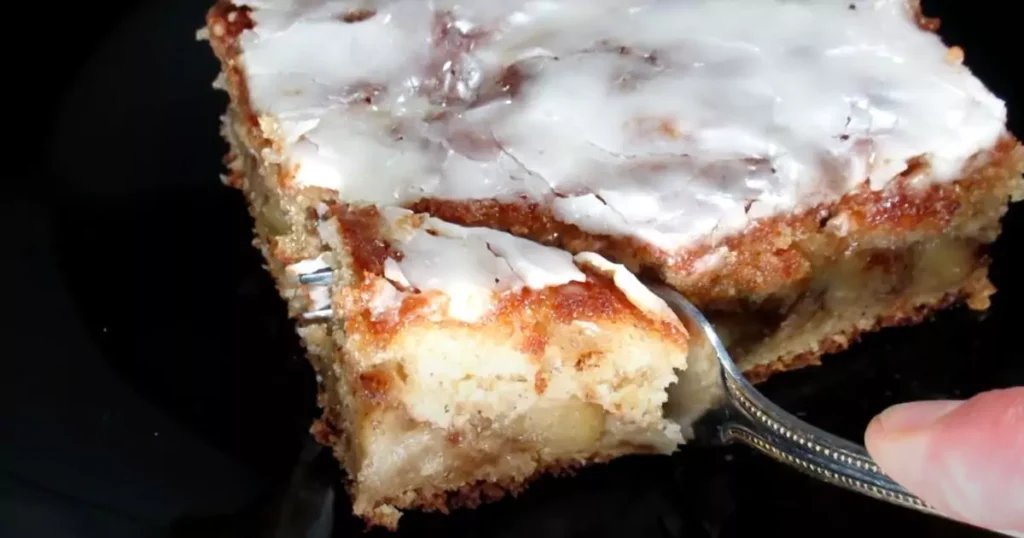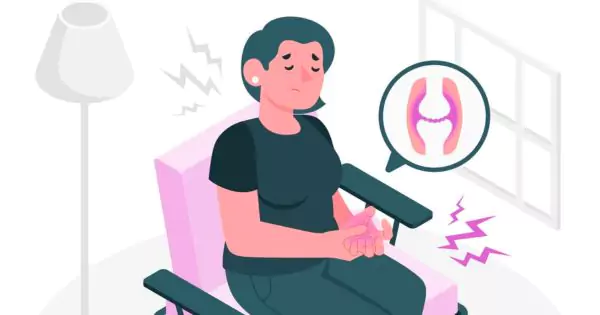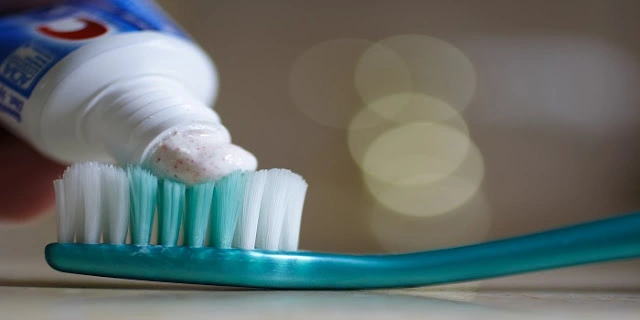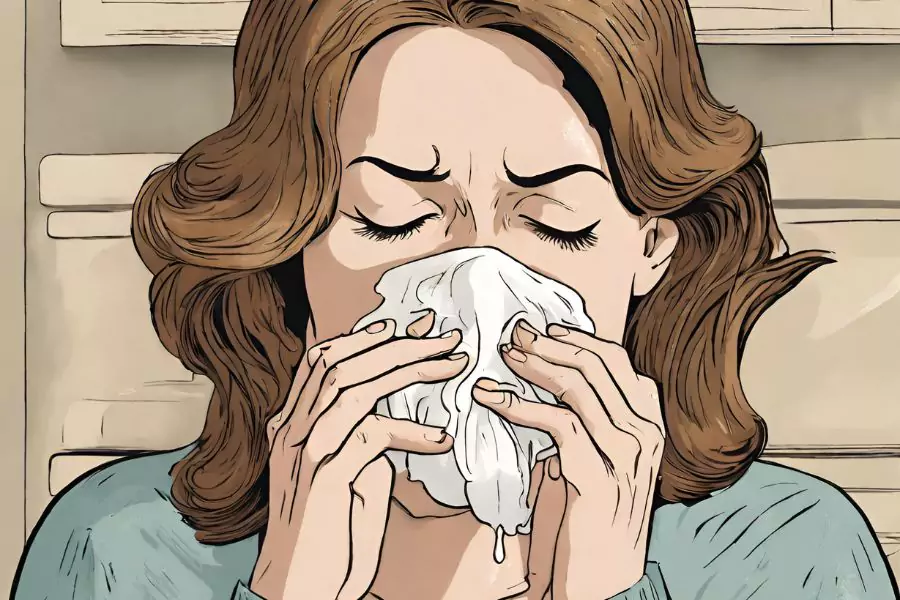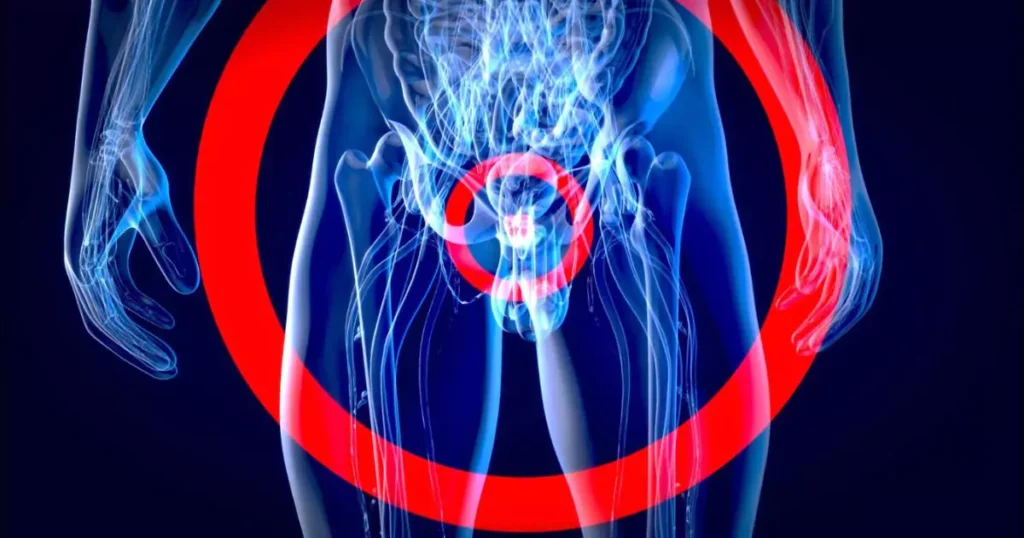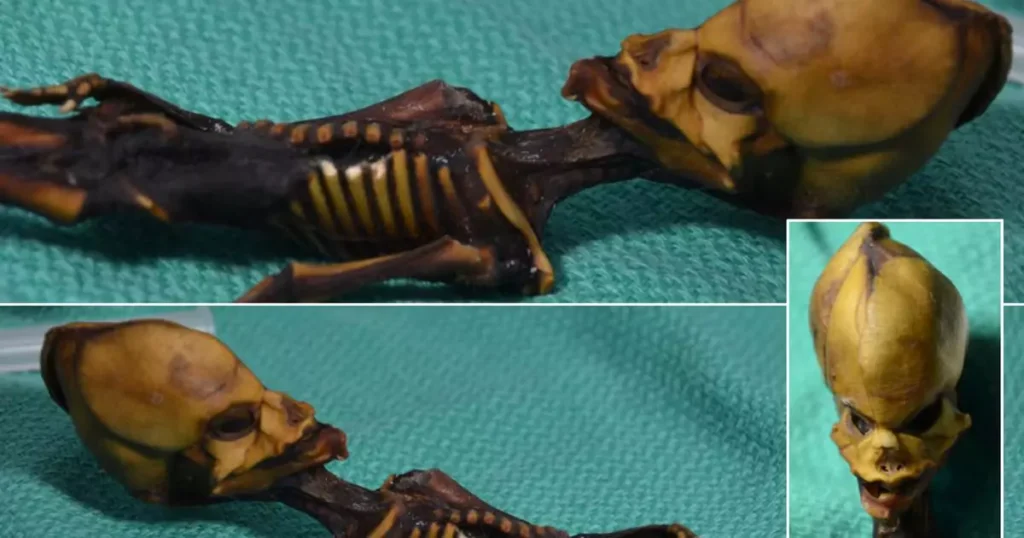
Discover the surprising causes of morning bad breath and learn simple, dentist-approved remedies to ensure fresh breath every day.
Waking up with unpleasant morning breath is a common issue that affects many people worldwide. Despite thorough brushing the night before, you might still find your breath less than fresh when you greet the new day. The good news is that with a few simple changes to your daily routine, you can effectively combat bad breath and enjoy improved oral hygiene and overall dental health.
In this comprehensive guide, we delve into the causes of morning bad breath, explore high-impact solutions endorsed by dental professionals, and provide practical precautions to keep your breath fresh and your mouth healthy. Say goodbye to relying on mints and gum, and embrace these effective strategies for long-lasting freshness.
Understanding the Causes of Morning Bad Breath
Before tackling the problem, it’s essential to understand what causes bad breath, medically known as halitosis. Various factors contribute to this common issue, and identifying them is the first step toward effective prevention and treatment.
1. Reduced Saliva Production During Sleep
One of the primary reasons for unpleasant morning breath is the natural reduction in saliva production while you sleep. Saliva plays a crucial role in maintaining oral health by neutralizing acids and washing away food particles and bacteria. When saliva flow decreases at night, it creates a dry environment where bacteria can thrive, leading to foul-smelling breath upon waking.
2. Poor Oral Hygiene Practices
Inadequate oral hygiene allows food particles to remain in your mouth, promoting bacterial growth between teeth, around the gums, and on the tongue. These bacteria produce sulfur compounds that result in unpleasant odors. Skipping brushing, flossing, or neglecting to clean your tongue thoroughly can exacerbate bad breath issues.
3. Dietary Choices
Certain foods are notorious for causing bad breath, especially when consumed close to bedtime. Garlic, onions, and spicy foods contain potent oils that can linger in your mouth and digestive system, leading to persistent odors. Additionally, consuming sugary foods and drinks can promote bacterial growth, contributing to halitosis.
4. Smoking and Tobacco Use
Smoking and using tobacco products not only cause bad breath but also stain teeth, irritate gums, and reduce your sense of taste. Tobacco use dries out your mouth and increases the risk of developing oral diseases, including gum disease and oral cancer.
5. Health Conditions and Medications
Certain health conditions such as sinus infections, acid reflux, diabetes, and liver or kidney problems can cause chronic bad breath. Additionally, some medications can decrease saliva production or release chemicals that lead to halitosis.
Simple and Effective Solutions to Combat Morning Bad Breath
Addressing morning bad breath doesn’t have to be complicated. Incorporating these dentist-recommended strategies into your daily routine can make a significant difference in your oral freshness and overall dental health.
1. Adopt a Comprehensive Oral Hygiene Routine
a. Brush Your Teeth Twice Daily
Ensure you brush your teeth thoroughly twice a day, preferably once in the morning and once before bed, using a fluoride toothpaste. Brushing helps remove food particles and plaque that harbor bacteria causing bad breath and tooth decay.
b. Don’t Forget to Floss
Flossing daily removes food debris and plaque from areas your toothbrush can’t reach, particularly between the teeth and under the gumline. Regular flossing reduces the risk of gum disease and helps maintain fresh breath.
c. Clean Your Tongue
Your tongue can harbor significant amounts of bacteria, contributing to bad breath. Use a tongue scraper or the back of your toothbrush to gently clean your tongue from back to front, removing the bacterial buildup effectively.
d. Use Antibacterial Mouthwash
Rinsing with an antibacterial mouthwash can further reduce bacteria and freshen your breath. Look for mouthwashes containing ingredients like chlorhexidine or cetylpyridinium chloride for optimal results. Remember to choose an alcohol-free formula to prevent drying out your mouth.
2. Stay Hydrated Throughout the Day
Drinking plenty of water is a simple yet effective way to maintain saliva production and keep your mouth moist. Adequate hydration helps wash away food particles and bacteria, reducing the likelihood of bad breath. Aim to drink at least 8 glasses of water daily and consider sipping water before bedtime and upon waking up.
3. Be Mindful of Your Diet
a. Choose Breath-Friendly Foods
Incorporate more fresh fruits and vegetables into your diet, particularly crunchy options like apples, carrots, and celery. These foods help stimulate saliva production and naturally clean your teeth by removing plaque and food particles.
b. Limit Odor-Causing Foods
Reduce the intake of strong-smelling foods such as garlic, onions, and spicy dishes, especially in the evening. If you do consume them, ensure you follow up with thorough oral hygiene practices.
c. Avoid Excessive Sugar and Acidic Foods
High-sugar and acidic foods and drinks can promote bacterial growth and erode tooth enamel. Opt for healthier alternatives and rinse your mouth with water after consuming such items to minimize their impact on your oral health.
4. Modify Your Morning Routine
a. Brush Before Breakfast
Contrary to popular belief, brushing your teeth before breakfast can be more beneficial. Doing so removes plaque and bacteria that accumulated overnight, preventing them from interacting with your food and producing foul odors. Additionally, brushing before eating helps protect your teeth from acids present in foods and beverages.
b. Wait Before Brushing After Meals
If you prefer brushing after breakfast, wait at least 30 minutes before doing so. Eating, especially acidic foods, softens your tooth enamel temporarily. Brushing immediately afterward can cause enamel erosion. Waiting allows saliva to neutralize acids and harden enamel, ensuring safe and effective cleaning.
c. Rinse with Water Post-Meal
If you’re short on time, rinse your mouth with water after eating. Swishing water around your mouth helps remove food particles and neutralize acids, providing a quick and easy way to freshen your breath and protect your teeth when brushing isn’t immediately possible.
5. Chew Sugar-Free Gum
Chewing sugar-free gum, particularly those containing xylitol, stimulates saliva production, helps dislodge food particles, and reduces bacterial growth. It’s an effective way to freshen your breath between meals and maintain oral health throughout the day.
6. Quit Smoking and Tobacco Use
Eliminating smoking and tobacco products from your lifestyle can significantly improve your breath and overall oral health. Quitting reduces dry mouth, decreases the risk of gum disease, and enhances your sense of taste and smell.
7. Regular Dental Check-Ups
Schedule regular visits to your dentist, ideally every six months, for professional cleanings and check-ups. Dental professionals can identify and treat issues like cavities, gum disease, and other conditions that contribute to bad breath. They can also provide personalized advice and treatment plans to maintain optimal oral health.
Precautions to Maintain Fresh Breath and Optimal Oral Health
Implementing preventive measures is key to ensuring long-lasting fresh breath and preventing oral health issues. Here are some essential precautions to consider:
1. Replace Your Toothbrush Regularly
Change your toothbrush every 3-4 months, or sooner if the bristles become frayed. A worn-out toothbrush is less effective at cleaning your teeth and can harbor bacteria, undermining your oral hygiene efforts.
2. Monitor Your Medication Side Effects
Some medications can cause dry mouth, leading to bad breath. If you notice changes in your saliva production after starting a new medication, consult with your healthcare provider. They may adjust your dosage or suggest alternatives to mitigate side effects.
3. Manage Underlying Health Conditions
Conditions such as sinus infections, diabetes, and acid reflux can contribute to chronic bad breath. Properly managing these health issues through medical treatment and lifestyle changes can help improve your breath and overall well-being.
4. Limit Alcohol and Caffeine Intake
Both alcohol and caffeine can dehydrate your body and reduce saliva production, leading to dry mouth and bad breath. Moderating your intake and ensuring you drink plenty of water can help maintain adequate hydration and oral moisture levels.
5. Maintain a Balanced Diet
Eating a balanced diet rich in vitamins and minerals supports not only your general health but also your oral health. Nutrients like calcium and vitamin D are essential for strong teeth and gums, while vitamin C helps prevent gum disease.
Embrace Simple Changes for Lasting Freshness
Morning bad breath is a common issue, but with awareness and consistent application of these simple, expert-backed strategies, you can effectively combat halitosis and enjoy fresh breath every day. Prioritizing comprehensive oral hygiene, staying hydrated, making mindful dietary choices, and scheduling regular dental visits are foundational steps toward achieving and maintaining optimal oral health.
Implement these practical tips and precautions into your daily routine and experience the confidence that comes with fresh breath and a healthy smile. Remember, small, consistent efforts can lead to significant, lasting improvements in your oral health and overall quality of life.

















































